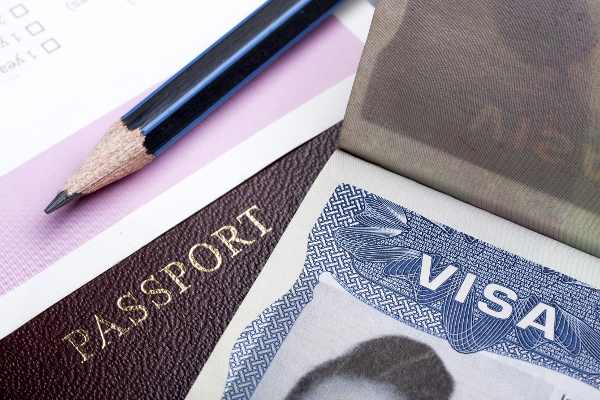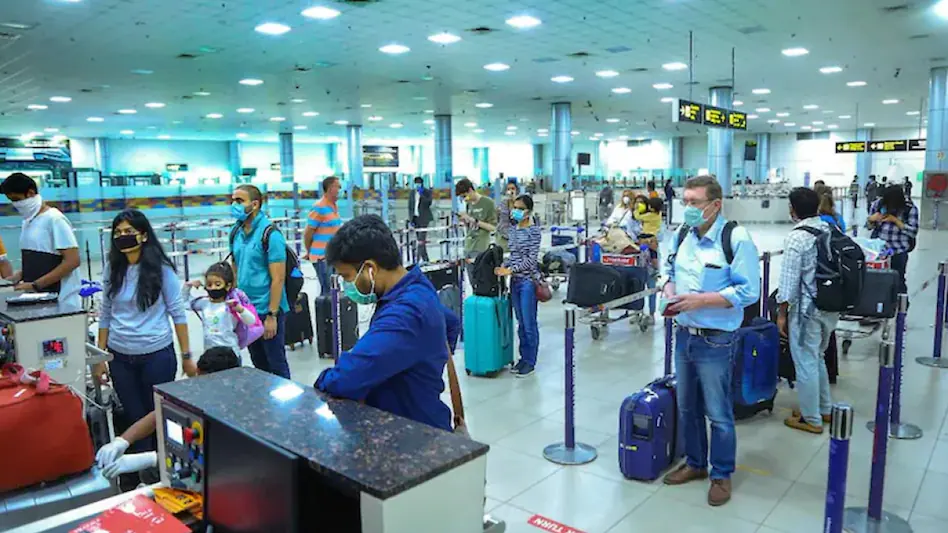Traveling to Turkey is an exciting prospect for many individuals seeking adventure, cultural exploration, or business opportunities. However, before packing your bags and booking your flights, it’s essential to understand the intricacies of obtaining a Turkey visa, especially for citizens of Libya and the Philippines. In this comprehensive guide, we’ll walk you through everything you need to know about the Turkey visa application process, requirements, and more. Turkey Visa from Libya
A Turkey visa is a legal document issued by the Turkish government that allows foreign nationals to enter and stay in Turkey for a specific period. Whether you’re planning a leisurely holiday, a business trip, or visiting friends and family, having a valid visa is a prerequisite for entry into the country.
Types of Turkey Visas
There are various types of Turkey visas available, including tourist visas, business visas, student visas, and more. For travelers from Libya and the Philippines, the focus primarily lies on tourist visas, which are designed for individuals visiting Turkey for leisure or recreational purposes.
Turkey Visa Requirements
To obtain a Turkey visa, applicants must fulfill certain requirements set forth by the Turkish government. These requirements typically include a valid passport, a completed visa application form, proof of accommodation, proof of sufficient funds, and a return ticket.
Applying for a Turkey Visa from Libya
For Libyan citizens, the process of applying for a Turkey visa involves submitting the required documents to the nearest Turkish embassy or consulate. Additionally, applicants may be required to attend an in-person interview as part of the application process. Turkey Visa from Philippines
Applying for a Turkey Visa from the Philippines
Similarly, citizens of the Philippines can apply for a Turkey visa by submitting the necessary documents to the Turkish embassy or consulate in Manila. The application process may vary slightly for Filipino travelers, so it’s essential to check the specific requirements beforehand.
Processing Time for Turkey Visas
The processing time for Turkey visas can vary depending on various factors, including the applicant’s nationality, the type of visa being applied for, and the current workload of the embassy or consulate. On average, it takes anywhere from a few days to several weeks to receive a visa.
Cost of Turkey Visas
The cost of a Turkey visa also varies depending on the type of visa and the applicant’s nationality. Generally, the fees range from a few dollars to over a hundred dollars. Additionally, applicants may need to pay additional fees for services such as expedited processing or courier delivery.
Validity and Extensions
Once issued, a Turkey visa is typically valid for a specific period, ranging from a few weeks to several months. However, if you wish to extend your stay in Turkey beyond the visa’s expiration date, you may be able to apply for an extension under certain circumstances.
Benefits of Obtaining a Turkey Visa
Having a valid Turkey visa opens up a world of opportunities for travelers, including the chance to explore Turkey’s rich history, vibrant culture, and stunning landscapes. Whether you’re visiting ancient ruins, sampling delicious Turkish cuisine, or soaking up the sun on a pristine beach, Turkey offers something for everyone.
Tips for a Smooth Visa Application Process
To ensure a smooth and hassle-free visa application process, it’s essential to carefully review the requirements and submit all necessary documents accurately and promptly. Additionally, be sure to avoid common mistakes such as providing incomplete or inaccurate information, which could delay the processing of your visa application.
Conclusion
Obtaining a Turkey visa may seem daunting at first, but with the right knowledge and preparation, it can be a straightforward and rewarding process. By understanding the requirements, following the application guidelines, and seeking assistance when needed, travelers from Libya and the Philippines can embark on their Turkish adventure with confidence.


